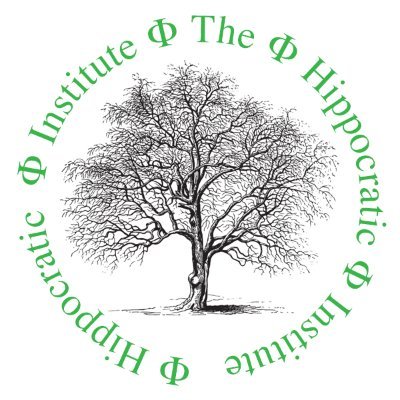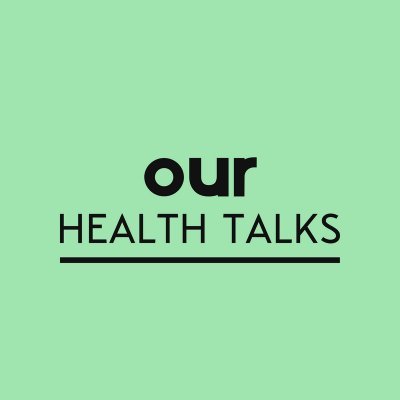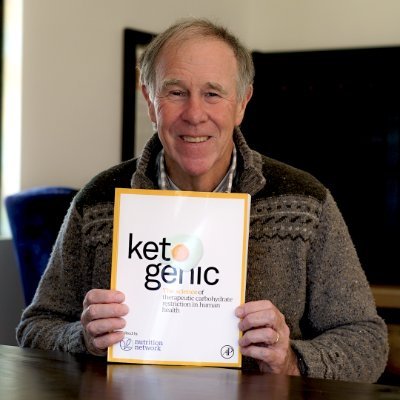
David Perlmutter, MD
@DavidPerlmutter
Neurology, Functional Medicine, Nutrition, Author, Lecturer
คุณอาจชื่นชอบ
Your brain is the most important thing you own. It determines your mood, your energy, your motivation, and so much more. Join me and other experts to find the blueprint for a better brain here: l8r.it/Y2u7

Muscle isn’t just about strength — it shapes metabolism, immunity, and even brain resilience. @austinperlmd breaks down why building healthy muscle is one of the best tools for long-term brain health. Watch here: youtu.be/DsiXzfkrskU?si…

youtube.com
YouTube
The Science of Your Muscle-Brain Link and How to Build Healthy Muscle...
New research supports what I first wrote in Grain Brain: excess sugar is toxic for the brain. High sugar intake drives insulin resistance, fuels inflammation, damages the gut microbiome, and increases dementia risk. Protecting brain health starts with cutting back on sugar.…
So how do you keep your brain younger, longer? Walk. Move. Take the stairs. Your steps today protect your mind tomorrow. drperlmutter.com/move-body-grow…
Higher levels of Vitamin K may lower your risk of dementia by up to 20 percent. The MK-4 form is especially important for brain health. Top ways to get more Vitamin K: ✅ Eat leafy greens ✅ Incorporate fermented foods ✅ Consider high quality supplements, if necessary
New research in @JAMANeuro shows that air pollution is linked to more amyloid plaques, tau tangles, and brain damage in Alzheimer’s. Cleaner air may be one of our most powerful tools to protect brain health. Read more here: drperlmutter.com/air-pollution-…
4 Habits I Recommend to Reduce Inflammation: • Eat omega-3 rich foods • Avoid processed sugar • Prioritize sleep • Practice mindfulness or meditation
Do you know your fasting insulin level? In my opinion, it is one of the most important yet overlooked markers of metabolic and brain health. Elevated fasting insulin often appears long before blood sugar rises, signaling early insulin resistance.
Creatine might be one of the most valuable supplements for brain and body health. I take 5g twice daily. Research suggests it may improve cognition in early Alzheimer’s while supporting mitochondrial function.
You can't out-supplement a poor lifestyle.
United States เทรนด์
- 1. Dolphins 25.9K posts
- 2. Lamar 41.3K posts
- 3. Ryan Rollins 3,085 posts
- 4. Ravens 39.1K posts
- 5. Mike McDaniel 2,077 posts
- 6. Derrick Henry 4,360 posts
- 7. Achane 3,618 posts
- 8. Jackson 5 3,259 posts
- 9. #TNFonPrime 2,091 posts
- 10. Happy Halloween 507K posts
- 11. Ollie Gordon 2,024 posts
- 12. Mark Andrews 2,753 posts
- 13. #911onABC 13.7K posts
- 14. Tulane 8,485 posts
- 15. Kyle Hamilton 1,415 posts
- 16. #PhinsUp 3,725 posts
- 17. Georgetown 3,577 posts
- 18. Bateman 3,953 posts
- 19. Dahlin N/A
- 20. UTSA 2,664 posts
คุณอาจชื่นชอบ
-
 Mark Hyman, M.D.
Mark Hyman, M.D.
@drmarkhyman -
 James DiNicolantonio
James DiNicolantonio
@drjamesdinic -
 Georgia Ede MD
Georgia Ede MD
@GeorgiaEdeMD -
 Dr. Eric Westman, MD, MHS
Dr. Eric Westman, MD, MHS
@drericwestman -
 Dr. Jason Fung
Dr. Jason Fung
@drjasonfung -
 gary taubes
gary taubes
@garytaubes -
 Joseph Pizzorno
Joseph Pizzorno
@drpizzorno -
 Frank Lipman MD
Frank Lipman MD
@DrFrankLipman -
 Mark_Sisson
Mark_Sisson
@Mark_Sisson -
 Cate Shanahan, MD
Cate Shanahan, MD
@drcateshanahan -
 Benjamin Bikman
Benjamin Bikman
@BenBikmanPhD -
 Bret Scher, MD
Bret Scher, MD
@bschermd -
 Dr. Joseph Mercola
Dr. Joseph Mercola
@mercola -
 Dr. Dale Bredesen
Dr. Dale Bredesen
@DrDaleBredesen -
 Brian Sanders
Brian Sanders
@FoodLiesOrg
Something went wrong.
Something went wrong.


























































































































